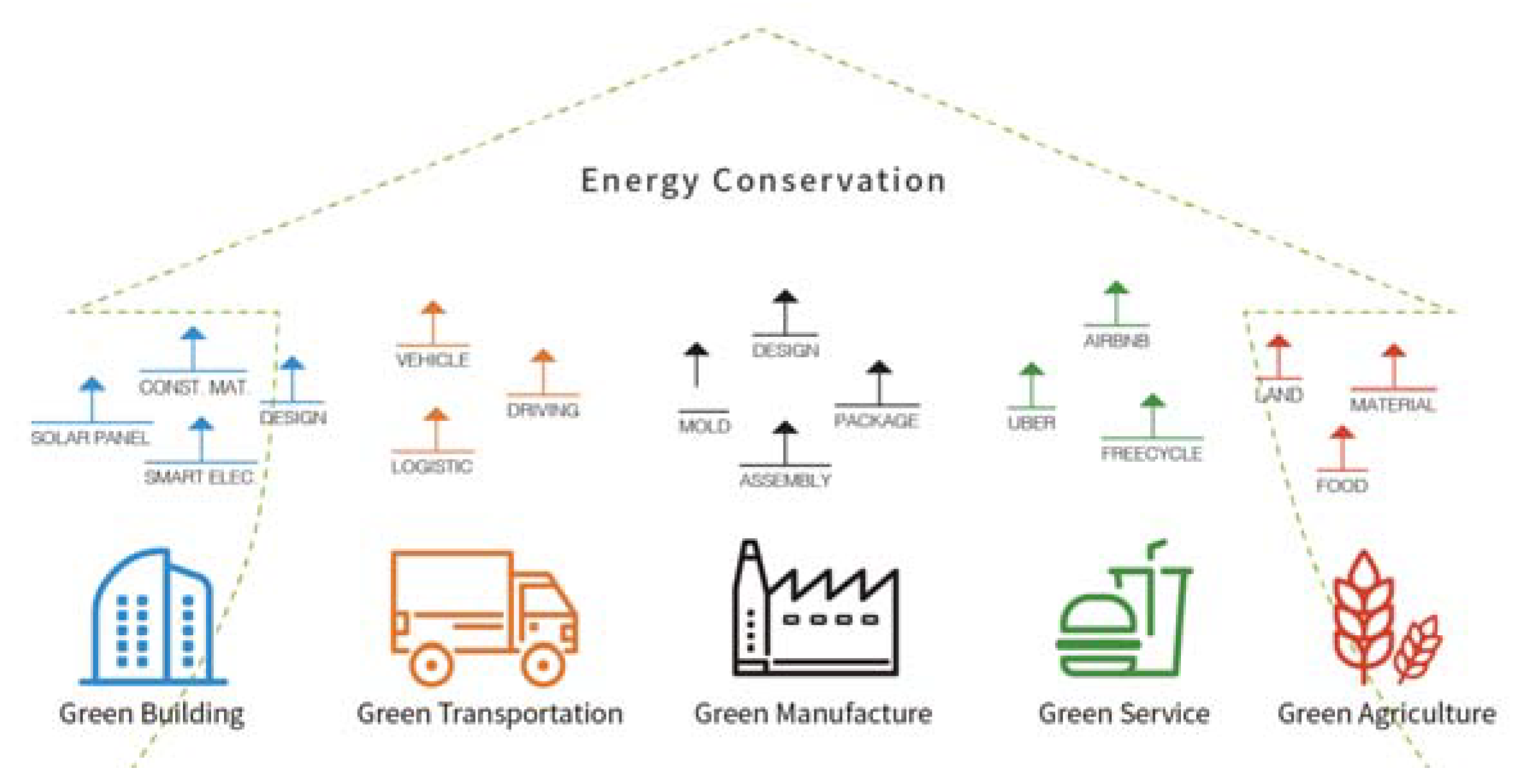
Embracing Eco-Friendly Energy Practices for a Sustainable Future
The global pursuit of sustainability has led to a paradigm shift in how we approach energy production and consumption. This article explores the importance of environmental energy practices in nurturing a sustainable future and the key strategies involved.
Renewable Energy Revolution: A Path to Sustainability
The cornerstone of environmental energy practices lies in the adoption of renewable energy sources. Solar, wind, hydro, and geothermal energy offer clean alternatives to traditional fossil fuels, reducing greenhouse gas emissions and mitigating the impact of climate change. The ongoing revolution in renewable energy technologies is transforming the energy landscape.
Energy Efficiency: Maximizing Output, Minimizing Impact
Beyond the source of energy, efficiency in utilization is critical. Implementing energy-efficient technologies and practices across industries, homes, and transportation helps maximize output while minimizing environmental impact. From energy-efficient appliances to smart building designs, every step towards efficiency contributes to sustainability.
Sustainable Transportation: Reducing Carbon Footprints
Transportation is a significant contributor to carbon emissions. Embracing sustainable transportation practices, such as electric vehicles, public transit, and cycling infrastructure, plays a pivotal role in reducing carbon footprints. Initiatives promoting cleaner fuels and improved fuel efficiency contribute to a greener and more sustainable transportation sector.
Smart Grids and Energy Storage: Enhancing Reliability
The integration of smart grids and advanced energy storage systems is crucial for enhancing the reliability of renewable energy sources. Smart grids enable efficient energy distribution, while energy storage solutions address the intermittent nature of renewable sources, ensuring a consistent and reliable power supply.
Circular Economy in Energy: Reducing Waste, Maximizing Resources
Adopting a circular economy approach in the energy sector involves minimizing waste and maximizing the use of resources. This includes recycling materials from used energy products, repurposing components, and ensuring responsible disposal practices. A circular economy mindset contributes to a more sustainable and resource-efficient energy ecosystem.
Community Engagement and Education: Fostering Awareness
Creating a sustainable future requires active participation from communities and individuals. Educational initiatives and community engagement programs play a crucial role in fostering awareness about environmental energy practices. Empowering people with knowledge encourages sustainable choices in energy consumption and promotes a culture of responsible environmental stewardship.
Government Policies and Incentives: Catalysts for Change
Governments worldwide are recognizing the urgency of transitioning to sustainable energy practices. Implementing supportive policies and providing incentives for businesses and individuals to adopt eco-friendly technologies are essential catalysts for change. This includes tax incentives, subsidies, and regulations that encourage the adoption of renewable energy and energy-efficient solutions.
Corporate Responsibility: Leading by Example
Businesses play a pivotal role in driving environmental energy practices. Corporate responsibility involves adopting sustainable energy solutions, reducing carbon footprints, and implementing eco-friendly practices throughout the supply chain. Leading by example, environmentally conscious businesses set industry standards and contribute to a more sustainable economy.
Environmental Energy Practices: Explore Further
For a deeper understanding of environmental energy practices and their impact, visit Environmental Energy Practices. This platform provides valuable insights, resources, and updates on the latest advancements in sustainable energy technologies, promoting a holistic approach to environmental conservation.
Conclusion: A Collective Journey Towards Sustainability
In conclusion, embracing environmental energy practices is not just a technological shift but a cultural and societal transformation. From renewable energy adoption to energy efficiency, sustainable transportation, and community engagement, it is a collective journey towards building a sustainable future. By integrating these practices into our daily lives, we contribute to a healthier planet for current and future generations.


